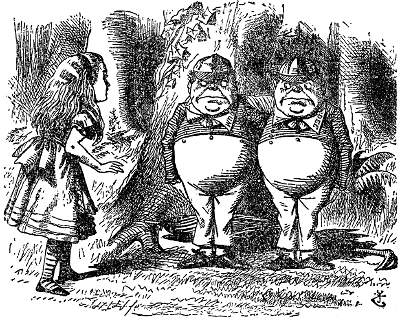This is how the BBC broke the news: “the author JG Ballard, famed for novels such as Crash and Empire of the Sun, has died aged 78 after a long illness“. No mention whatsoever in the rest of the article that he was actually a science fiction writer and made his reputation doing exactly that. The obituary is the same, calling him “surrealistic” and as “fusing external landscapes of futuristic visions with the internal workings of his characters’ minds”. Hell, whoever wrote it didn’t even know what his first novel was: the article thinks it’s The Drowned World (1962) while it’s in fact The Wind from Nowhere (1961).
It’s the sort of lazy biography you see a lot with science fiction writers who broke out of the ghetto, where their earlier works are de-emphasised, seen as unimportant youthful mistakes or at best stepping stones to their real work. We’ve seen it with Philip K. Dick and William Gibson as well.
It annoys the fuck out of me, not so much out of some tribal loyalty to science fiction, but because you just cannot judge his later, more “mainstream” novels without knowing his earlier work. There’s a logical progression in his work going all the way back to his earliest short stories to his last novel. Ballard always was a perfect modernist “post-modernist” writer, growing up in the legacy of twentieth century modernism and dissatisfied with what it had brought, reveling in the onset of entropy bringing down its works. Whether it’s the lush tropical primeval jungle invading luxuery hotels in The Drowned Word or the anarchy depicted in High-Rise taking that symbol of post-war modernist architecture, the tower block, the images remain the same: stark, concrete forms smothered in chaotic but natural shapes. Take his more mainstream work out of this context and it loses its value.
UPDATE: David Pringle’s obituary in the Guardian is quite good, explaining why his science fiction is important as well as his evolution as a writer movign away from it. Pringle’s prediction that Empire of the Sun “is likely to be the book upon which much of his reputation will rest” is mildly depressing, especially since much of the attention paid to it stems from the fact it was made into a Spielberg movie. It’s nowhere near Ballard’s best work, though it does provide some insight in where he found certain of the images that crop up in his other work. Personally I find everything after his seventies work to be of less value.
